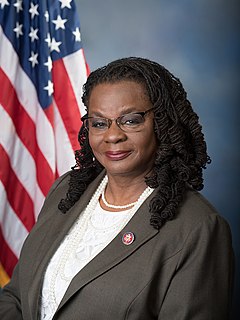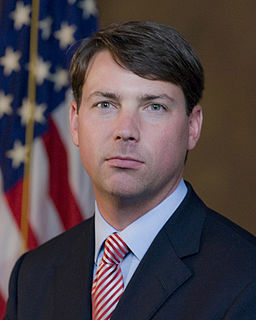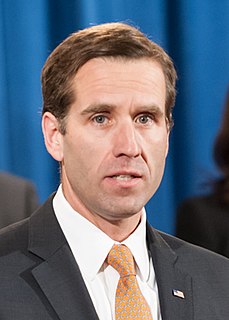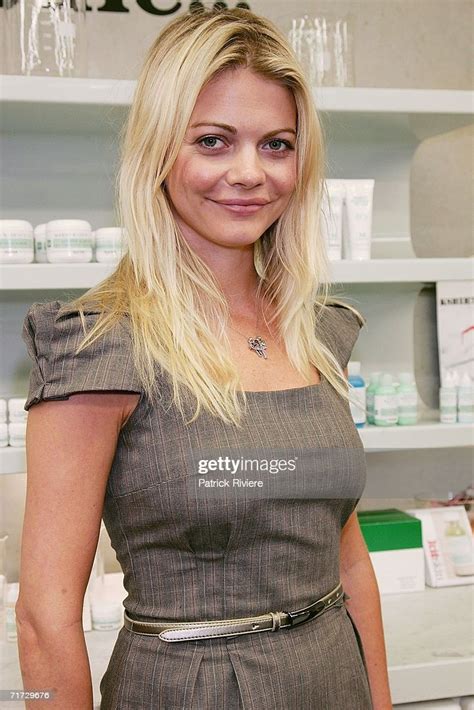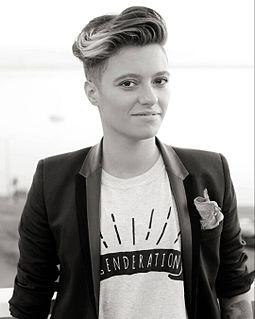A Quote by Gwen Moore
It is only with the passage of the Violence Against Women Act in 1994 that we have been able to put a dent in violence against women, and women have had a place to go.
Related Quotes
I have been working with Women's Aid since 2003 when I became the charity's first Ambassador, and am so pleased to be able to be a part of the 'Real Man' campaign against domestic violence. I studied domestic violence at university and feel passionately that we need to raise awareness of violence against women and children and refuse to ignore it. Just by speaking out against domestic violence and being supportive of those directly affected we can all make a positive difference.
He had heard her say, so many times, that a society that approved of making abortion illegal was a society that approved of violence against women; that making abortion illegal was simply a sanctimonious, self-righteous form of violence against women- it was just another way of legalizing violence against women, Nurse Caroline would say.
Given the racist and patriarchal patterns of the state, it is difficult to envision the state as the holder of solutions to the problem of violence against women of color. However, as the anti-violence movement has been institutionalized and professionalized, the state plays an increasingly dominant role in how we conceptualize and create strategies to minimize violence against women.
For most of recorded history, parental violence against children and men's violence against wives was explicitly or implicitly condoned. Those who had the power to prevent and/or punish this violence through religion, law, or custom, openly or tacitly approved it. .....The reason violence against women and children is finally out in the open is that activists have brought it to global attention.
Although I haven't experienced violence in a relationship, I know that two women every week in England and Wales are killed by their partner or ex-partner, and that unless we act now, many more women will die because of domestic violence. We must speak out now against all forms of domestic violence, not only physical abuse but also the emotional, sexual and financial abuse which means that many women are afraid to be at home with their partner.
The United Nations defines violence against women as any act of gender-based violence that results in, or is likely to result in, physical, sexual or mental harm or suffering to women, including threats of such acts, coercion or arbitrary deprivation of liberty, whether occurring in public or in private life.
Violence against women continues to persist as one of the most heinous, systematic and prevalent human rights abuses in the world. It is a threat to all women, and an obstacle to all our efforts for development, peace, and gender equality in all societies. Violence against women is always a violation of human rights; it is always a crime; and it is always unacceptable. Let us take this issue with the deadly seriousness that it deserves.
